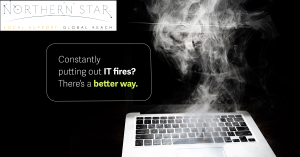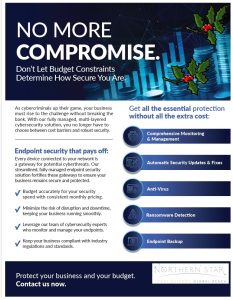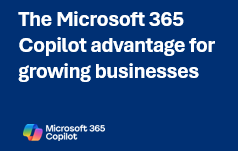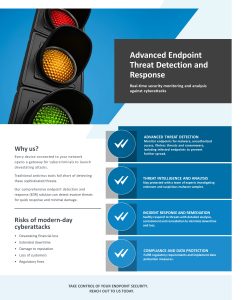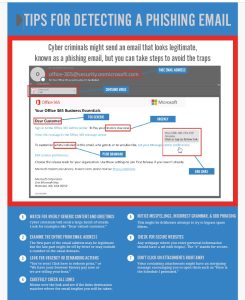
Working with a reputable IT support company is probably the best way to handle cybersecurity threats. Office personnel also have a lot to do and avoid on your end in order to reduce the likelihood of a successful attack. A healthy mix of the two will draw the most desirable results.
Whether you own a small local business or have multiple branches and offices, it’s crucial to follow the dos and don’ts of office cybersecurity. You can prevent most fraud, hackers, and malware attacks by upholding the best security practices.
Top 4 Do’s and Don’ts of Office Cybersecurity
There are many best practices for office cybersecurity. It boils down to the complexities of each company’s activities and systems. Here are do’s and don’ts on four main aspects encapsulating office cybersecurity:
1. Password
Do use strong, hard-to-guess passwords and phrases with a minimum of 10 characters. Combine uppercase with lowercase letters, numbers, and special symbols. Use different passwords for different accounts and keep them confidential.
Don’t store a file containing your passwords anywhere on your computer’s local hard drive or in your email. Keep them in a safe external USB inaccessible to anyone else. Retaining a copy online or on your computer may leave all associated accounts vulnerable in case of an incident.
2. Emails
Do keep an eye for phishing traps and schemes. If the source seems suspicious, hover the cursor over it without clicking to display the actual address. Report as spam, block the address, and delete the email immediately to avoid future correspondences if it doesn’t match.
Don’t click on any link sent by email if you didn’t expect one, and do not give up your personal information over emails. Never respond to any emails or phone calls requesting sensitive information. You shouldn’t use unsecured computers or networks to access business emails.
3. Hardware
Do lock all computers, tablets, and other screens with a strong password when not in use. Pick documents from printers/faxes/copiers in a timely fashion to avoid unauthorized access. Pay heed to all PC and antivirus warnings to resolve issues and threats as soon as possible.
Don’t plug unauthorized external devices into office computers or install applications without approval from management. External hardware and unauthorized applications can feature malware and executables capable of corrupting office computers and systems.
4. Backups
Do create regular backups for your website for quick deployment in case of an attack. Establish a backup cycle and keep the backup in a separate location from the main business. Back up as frequently as you can to incorporate the latest updates and systems. Keep the backups secure.
Don’t forget to test backups regularly and encrypt all data stored therein. Avoid connecting backup devices to any infected or unsecured computers. Don’t store your backup on-site or reveal the location of offsite backups unless it’s critical to your missions.
Working With an IT Support Company
Cybersecurity has its complexities. Activities like deploying a backup after an attack require expertise in the trade. Working with an IT support company can help you manage backups, monitor website health, and recommend effective solutions.
At Northern Star IT, we’re happy to become part of secure progressive companies by providing expert insights and services. You can leverage our security services, consultancy, and IT support to establish a safe workspace online and offline.


